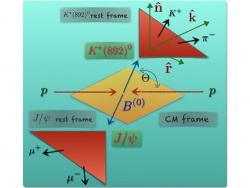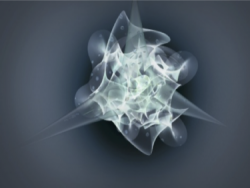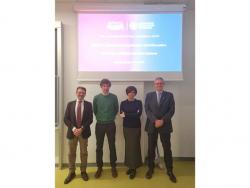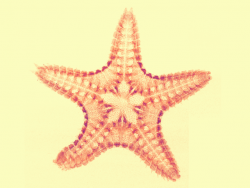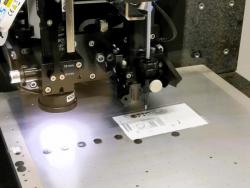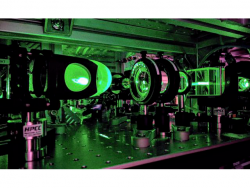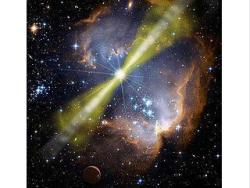- Home
- Department
- Research
- Teaching
- Post Graduate Studies
- Knowledge Transfer
- How To
Nuclear Physics
Research Area:
Nuclear physics studies the interactions between the nucleons which make up atomic nuclei, and between the constituent parts of the nucleons themselves, mainly using for this purpose nuclear reactions, namely processes in which nuclei collide and interact, forming other nuclei, merging, fragmenting, producing and emitting particles.
In nature, nuclear reactions can occur spontaneously, such as radioactive decay and the thermonuclear reactions that take place in the stars, generating light, heat and radiation. In the laboratory, nuclear reactions are induced by using beams of particles or nuclei produced by accelerators, and are used for example to recreate the conditions of quark-gluon plasma which the universe must have consisted of a few microseconds after its formation.
In particular, the researchers in Trieste are currently involved in:
- Phase transitions of nuclear matter and hadrons: from liquid-vapor like phase transitions to transitions between hadronic matter and quark-gluon plasma. Along similar lines, there are studies on quark deconfinement (at the LHC at CERN).
- Research into the dynamics of quarks and hadrons, with experiments on nucleonic resonances, studies into the effect of the nuclear medium, hypernuclear spectroscopy and the study of pionic and kaonic nuclei (National Laboratory of Frascati and CERN);
- Nuclear astrophysics and interdisciplinary research, involving measurements of cross-sections of astrophysical interest and for purposes of application: emerging nuclear technologies, medical physics (CERN).
Research Group
| n_TOF Experiment |
Last update: 04-08-2024 - 20:50


